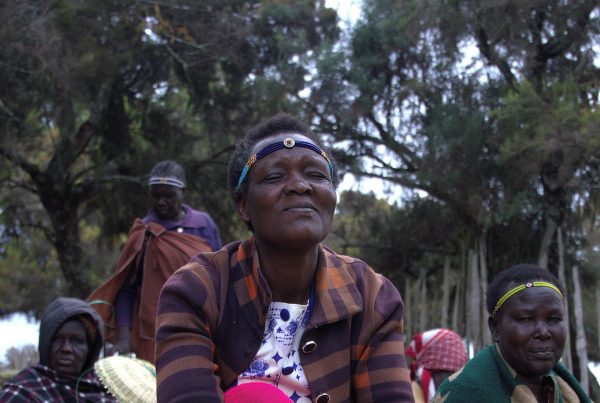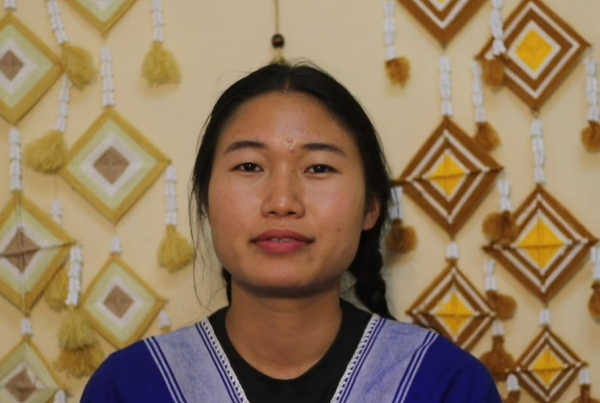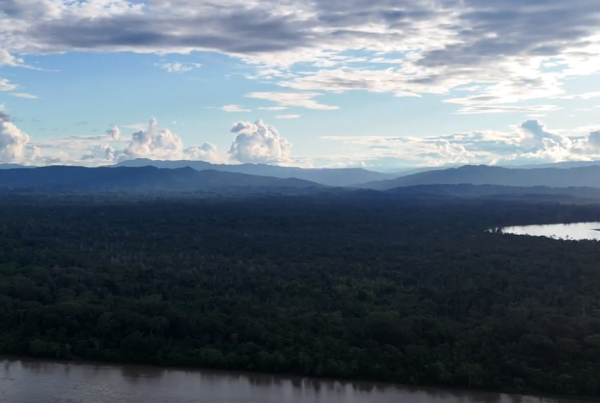In June 2022, we began the implementation of the Transformative Pathways project, which works to support Indigenous Peoples and Local Communities to lead and scale up conservation and sustainable use of biodiversity. These actions will also serve to conserve and protect the natural environments where Indigenous Peoples live and develop, in particular with four Quechua communities in Ayacucho and four Yanesha communities in Selva Central.
At this stage, 80 conservation advocates have been involved and have been receiving training on topics such as: identity, rights, elaboration of communal talking maps, use of monitoring tools and inventory of natural resources.
During the development of these workshops, the importance of working for the recovery of the biodiversity was highlighted. Much biodiversity has been lost in the Yanesha communities (Selva Central) due to indiscriminate logging, and for the Quechua communities in the Andes, biodiversity loss is caused by overgrazing, soil degradation and contamination of water sources due to the presence of small-scale formal and informal mining activities.
The importance of preserving cultural identity in families was also pointed out, by motivating young people to put into practice and recover their knowledge and relationship with their communities.
Fiorella López is a promoter of the Yanesha community of Unión de la Selva, in the district of Villa Rica, province of Oxapampa, department of Pasco. She and her children, Julio and Ivonne Maza, are committed to promoting local biodiversity to expand their family’s economic and food opportunities.
Thus, from the practice of family agriculture, they obtain products that are destined for self-consumption and the small surpluses are sold, bartered or marketed to intermediaries. They also carry out small enterprises favoured by the forest ecosystem, such as the production of bee honey and the sale of masato (a traditional drink of the Yanesha culture made from the fermentation of cassava).
Type: Article
Region: The Americas
Country: Peru
Theme: Traditional and local knowledge, Sustainable livelihoods, Community-led conservation
Partner: CHIRAPAQ
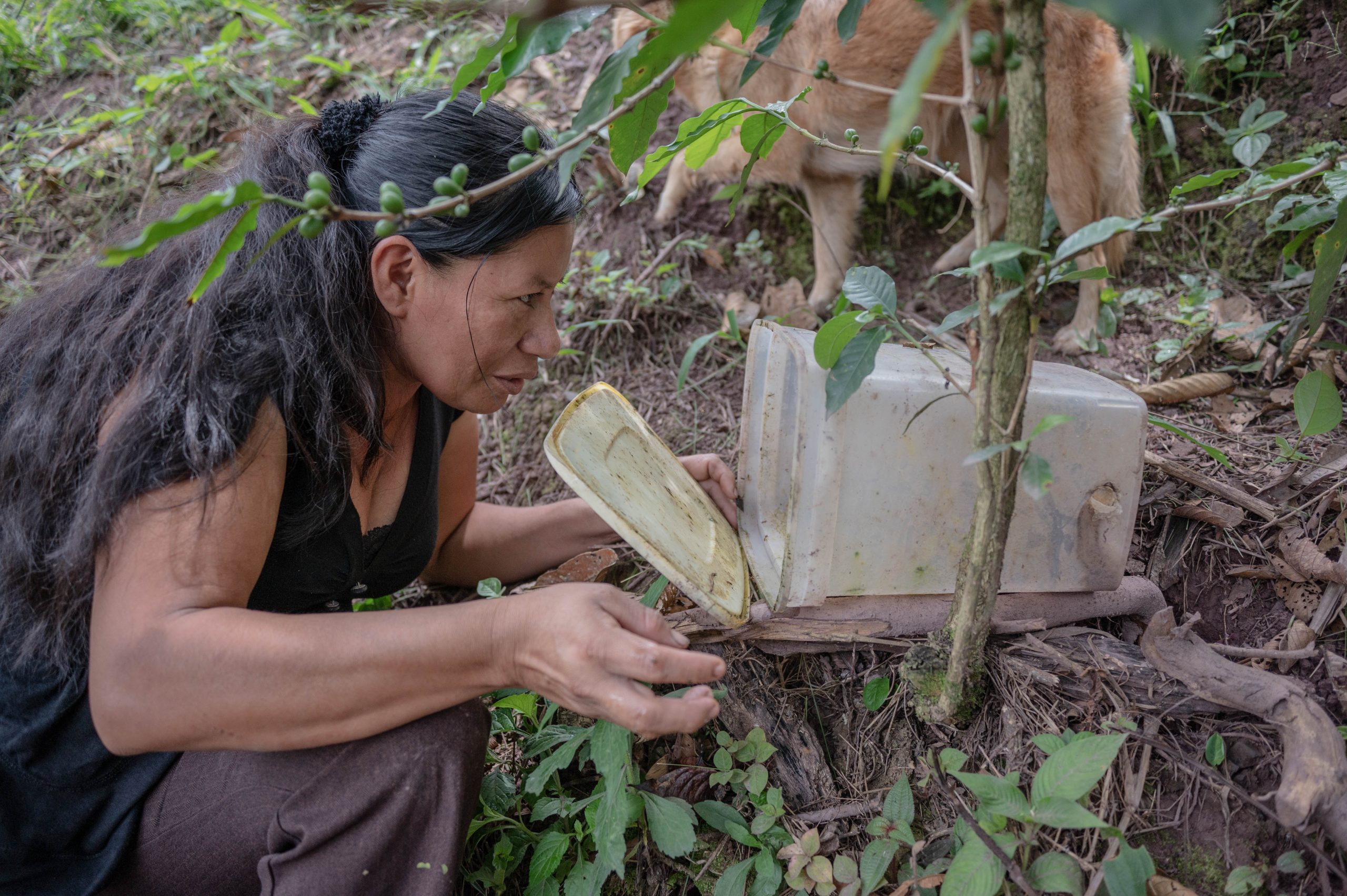
In order to recover the deforested areas, the family collects and selects walnut seeds for planting in their family nursery in April and May, and transplants bare-root seedlings in the final field in July and August, putting their ancestral knowledge into practice. In the community there are no practices of cutting shrub and tree species.
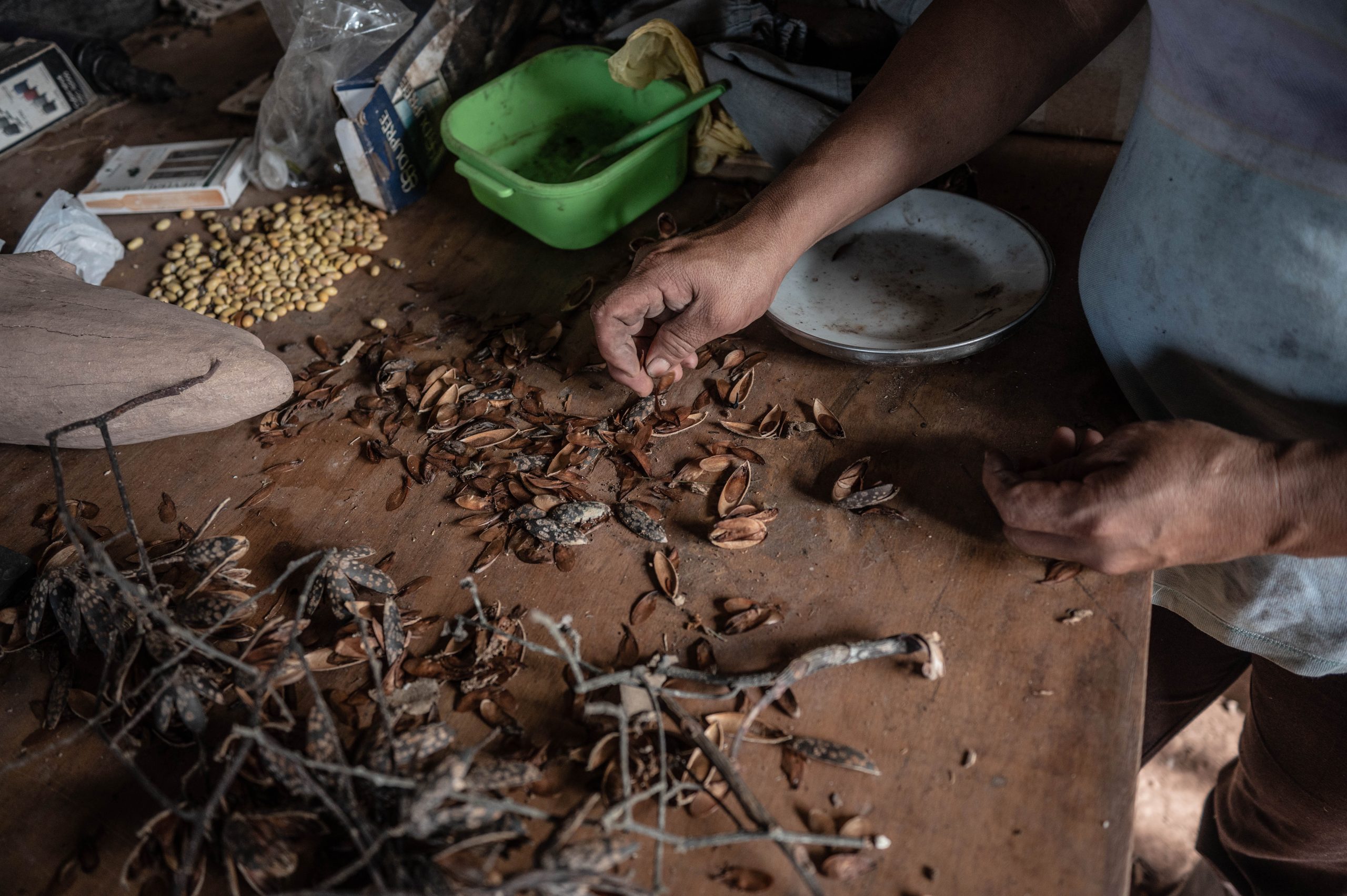
At the national level, Peru has a legal framework for the protection of Indigenous Peoples, including Law No. 28736 for the protection of Indigenous or Original Peoples in a situation of isolation and initial contact; Law No. 29735 which regulates the use, preservation, development, recovery, promotion and dissemination of the native languages of Peru; and Law No. 27811 which establishes the regime for the protection of the collective knowledge of Indigenous Peoples linked to biological resources. However, Indigenous Peoples are often marginalised and suffer discrimination in legal systems, exposing them to risks of violence, intimidation and abuse in the exercise of their rights.

